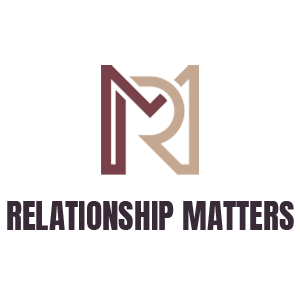7Each man said to his mate, “Come, let us cast lots so we may learn on whose account this calamity has struck us.” So they cast lots and the lot fell on Jonah. 8Then they said to him, “Tell us now! On whose account has this calamity struck us? What is your occupation? And where do you come from? What is your country? From what people are you? 9He said to them, “I am a Hebrew, and I fear the Lord God of heaven who made the sea and the dry land.”
Jonah 1:7-9
We continue our look at Jonah today. In many ways, It was a day of reckoning for him. Let’s take a look.
Fear Consumes Us
The dramatic winds and crashing waves caused the crew on the ship to lose heart. They were seasoned sailors and had been through so many difficult times at sea. This time was different. This time they felt that death was probably inevitable. Perhaps they would never see their families again. This was it. The moment of truth. They were not only suspicious, but they were superstitious about the incredible change of events. They experience fear and did not know what to do.
Fear Confuses Us
When the sailors on the boat saw the “calamity” they faced, they tried to figure it out. I find it interesting that the first thing they did was to cast lots to see who’s fault it was. The word “calamity” means devastation. This is what produced the fear.
If we are all honest, there are times when we get fearful because of a situation we face or even the unknown outcomes of that event. The unknown even on this boat was whether or not those on board would even survive.
So they cast lots and implored their gods to sort things out for them. They had more confidence in this superstitious ritualistic game.
Fear Reveals Us
Interestingly enough, the lot fell on Jonah. God has a funny way of getting our attention and revealing the unseen. In this instance, the lot fell on Jonah, and the crew questioned him. “Tell us now!” These words rang loudly in Jonah’s ears and went straight to his heart.
The crew knew Jonah was the issue, but they didn’t know how it all fit together. But they were about to get a lesson. It was as if Jonah was in a courtroom. The crew fired three quick questions to Jonah in a rapid cross-examination.
- On whose account has this calamity struck us?
- What is your occupation?
- And where do you come from?
- What is your country?
- From what people are you?
Believe it or not, Jonah provided a witness for the Lord and stated several significant comments in response to his fear.
First, Jonah identified himself as Jewish. Second, he told the crew that he feared the Lord God of heaven who made the sea and the dry land. Here’s what we learn.
There is one God, and He is in heaven. Jonah was settled on that fact. God had a conversation with Jonah about going and doing something significant for Ninevah. How could Jonah not recognize that God was real?
Second, he made the sea and dry land. This was a statement of God’s power. If God could create the sea and dry land, He could control the sea and dry land.
So what did Jonah do? Jonah gave a solid witness for God, His power, and His concern. But remember, Jonah told those on the boat that he was running from that same God.
How many of us would claim God as the Creator and Sustainer of the universe, and at the same time run from Him. Be honest with yourself this morning. Are you running from something God’s asked you to do? Will you do more than claim Him as your God? Will you put faith before your fear?
